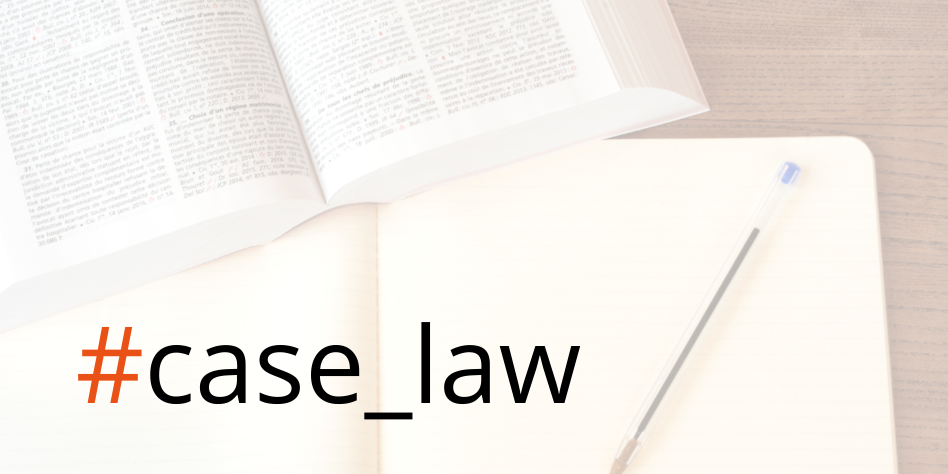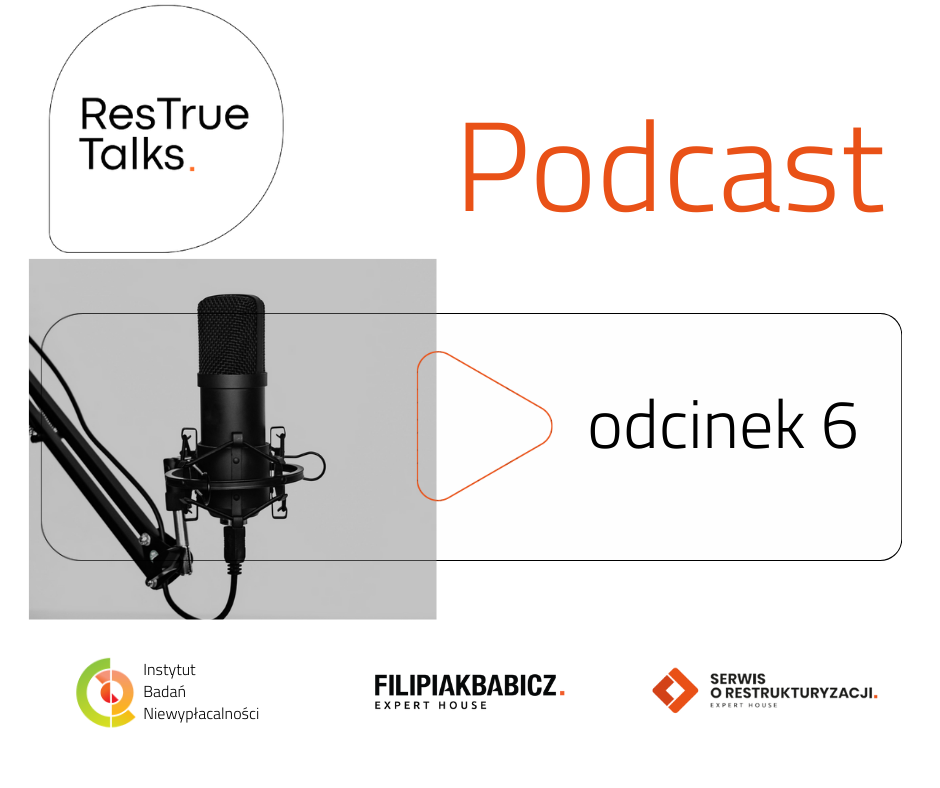
Inventory in bankruptcy does not prejudge the ownership of the asset – post. Supreme Court of May 16, 2019, file ref. act and csk 653/18

Inventory in bankruptcy does not prejudge the ownership of the asset – post. Supreme Court of May 16, 2019, file ref. act and csk 653/18
The official receiver, by placing a given item in the inventory (Article 69 (1) BCE), does not create a legal title to it for the bankrupt. Including an item in the inventory does not allow the trustee to be credited with having good faith. In the event of a subsequent exclusion from the estate, the receiver is obliged to pay for non-contractual use also for the period preceding the ruling on exclusion from the estate.
The circumstances of the case and the content of the decision
The plaintiff sued the trustee for payment of remuneration for the non-contractual use of the part of the property which was the property of the plaintiff, which was originally included in the bankruptcy estate (included in the inventory). Subsequently, the property was excluded from the bankruptcy estate as a result of the lawsuit. The court of second instance found it justified to demand payment of remuneration from the receiver for the time during which the plaintiff could not use the property. The official receiver filed a cassation appeal against this decision, but the Supreme Court refused to accept it for examination. In the justification, the Supreme Court drew attention to the following issues:
- first, it stated that compiling an inventory establishing the composition of the bankruptcy estate did not create a legal title to the property. The inventory is a statement of the trustee’s knowledge and plays an informative, analytical and reporting role,
- secondly, there is no basis for presuming good faith of the receiver, who knew – on the basis of land and mortgage registers and conducted administrative proceedings – that the real estate did not belong to the debtor.
In the opinion of the Supreme Court, the receiver knew that he should not treat real estate as part of the bankruptcy estate. Moreover, he managed the property wastefully, charging the understated rent. Accordingly, the plaintiff’s claim, including the rent that could be obtained, was justified.
Proposal
If the receiver has included items not belonging to the debtor on the inventory or items that are not owned by the debtor, the status of these items does not change. The inventory does not create or destroy property, it is only a kind of inventory document. The inclusion of items in the inventory does not automatically mean that the trustee was in good faith when he had the items.













